At the end of last month – Monday 26th of July – Hackney’s Labour-run Council finally did what they have been trying not to do for more than two years. That is, the simple act of discussing, at Full Council a petition by local residents calling for the removal of LTNs, meaningful public consultations and a proper Town Hall debate.
According to Hackney Council’s own constitution, if a residents’ petition “hit(s) the threshold of 750 signatures” that “triggers a right to be debated at Full Council”. The ‘Hackney Road Closures’ petition totalled nearly 17.5 thousand signatures and ran to some 600 pages.
Yet for more than two years the council rejected, ignored or dismissed various attempts by residents and an opposition councillor to get them to fulfil their constitutional duty and debate the LTN petition.
Crucially, during those two years of delay, Hackney Council’s Extinction Rebellion supporting Labour Mayor Phillip Glanville, made ‘permanent’ 19 LTNs, thus sidestepping public scrutiny, and ignoring the results of their online consultations, in which large majorities of residents still gave a resounding no to every LTN in Hackney.
Just to recap – the origin of Hackney’s LTNs lay in central government’s unprecedented emergency Lockdown powers, introduced in response to Covid. With these powers, Hackney Council was able to impose its draconian road closure programme, without consulting residents or business owners in advance.
From 2020 the council closed off some 55% of our roads, without public agreement or democratic mandate and without even consulting disability or age-concern groups (they claim they consulted these groups, but they evidently did not).
The council even overturned previous consultation results from 2017 where the residents of London Fields had already said no to their roads being closed. Not surprising then that tens of thousands of residents signed the petition in an attempt to have their voices heard.
If not for the tireless efforts and persistence of retired Hackney teacher Ruth Parkinson, the Council might have succeeded in shelving the 17.5k strong petition altogether. It was fitting then that Ruth was finally invited to present the petition to Full Council on Monday. Ruth was joined in the council chamber by two other petition supporters, myself included, and many other supporters in the Public Gallery.
Any hope of a proper democratic debate were quickly dashed when the council’s Electoral Services Department set out the parameters for the discussion.
“Timings are up to:
- 5 mins – Lead Petitioner(s) introduction
- 10 mins – Debate/Councillors consider the petition
- 5 mins – Lead Cabinet Councillor response”
Petitioners were given a total of five whole minutes to put our case to councillors, which really only allowed time for one of us to speak. And after our five minutes, that was it – were not allowed to respond to anything that was said or discussed by councillors following Ruth’s introduction. We were expected to sit in silence, no matter what was being said. Some public debate.
However it wasn’t just petitioners who were effectively gagged in this ‘debate’. “I’ve been whipped.” Confessed one apologetic Labour Councillor as she passed by to get to her seat. What she meant was that Hackney Labour had instructed its councillors they must toe the line and it forbade from speaking freely during the debate. Indeed, nearly all of the Labour councillors in the chamber sat twiddling their thumbs or looking bored, glum or down at their smartphones throughout the discussion.
Undeterred, when her time came Ruth took to the floor and introduced the petition. And what an introduction! In just under five minutes, Ruth delivered a devastating attack on Hackney’s LTNs, highlighting how they clearly contradict many of the council’s existing policies, aims and values. Quoting council’s own policies and reports, Ruth showed how the imposition and enforcement of LTNs systematically contradict their own aims and recommendations on discrimination, pollution, schools, road safety, disability and age-discrimination.
“Hackney Council knew that pollution levels were met on side roads BUT NOT ON MAIN ROADS so this deliberate policy to force traffic onto already highly polluted roads is ignoring the effects it has on those living on main roads and using main roads to walk to shop and to go to school.”
You can read the whole of Ruth’s introduction here.
Hackney residents and business owners are well used to Transport Chief Mete Coban (Cllr for Stoke Newington) ducking questions, responding with platitudes, half-truths, dirty tricks and slurs, popularly known these days as ‘gaslighting’. Cllr Coban’s immediate response to Ruth and to the 17.5 thousand signatories was very much business as usual. Mete’s first response:
“the “horrific images” of wildfires in the Greek island of Rhodes showed how concerning the climate emergency is.” followed by “Every road is accessible.”
“Our direction of travel is bold,”
Quite how closing Middleton Road is supposed to help tackle seasonal fires in the Mediterranean wasn’t made clear, but this off-the-wall response was about as close as he got to actually answering any of our questions. In truth, not once did Coban or anyone else on the Labour benches address a single concern or point raised in Ruth’s introduction.
The Mayor remained silent throughout the LTN discussion, which was unfortunate, given that he, along with Jon Burke, was a principal architect of this insane social experiment inflicted on the public. Maybe the Mayor had been whipped into silence along with most of our Labour councillors? Or maybe he had other things on his mind?
And throughout this farcical excuse for a debate we the public, and those presenting the petition were expected to sit and listen in silence.
The only opposing voice from an elected representative came from Cllr Steinberger, Conservative representative Springfield Ward, who has been a consistent and staunch critic of the council’s war on driving. It was he and former colleague Harvey Odze who had helped try to get the petition onto the Full Council agenda a year earlier. “These LTNs are a load of rubbish. Listen to the people…” demanded Cllr Steinberger, but as ever, Glanville’s administration are not interested in listening to anyone, unless their name begins with Hackney Cycling Campaign.
The remainder of Coban’s response was not aimed not at addressing any of the public’s concerns or Ruth’s points and questions, but in party point-scoring against the two Green councillors in the chamber. Did they not support the council’s road closure programme?
Green Cllr Alastair Binnie-Lubbock sprang to his feet to claim that of course Hackney Greens supported LTNs. Further, the Greens wanted to get fat people out of their gas-guzzling 4x4s and he personally was in favour of ‘people’s assemblies’ to help them do that. Presumably the only people he wants in his ‘people’s assemblies’ are the ones who agree with him?
For many of us this was our first time in the council chamber. Call this writer naive, but it ought to be the beating heart of our local democracy. But really it’s an empty shell, ruled by remote career-bureaucrats. They pay lip service to democracy and public engagement, but really the hold the public in contempt and use every trick in the book to keep us at arms length.
They have reduced politics and democracy to unfathomably tedious and obscure procedure in an attempt to bore us all to death. And when that doesn’t work they attempt to slur and gaslight the public and anyone who opposes them. But the public is made of sterner and smarter stuff and we will not go away and we will not be dismissed and pushed around. Watch this space.
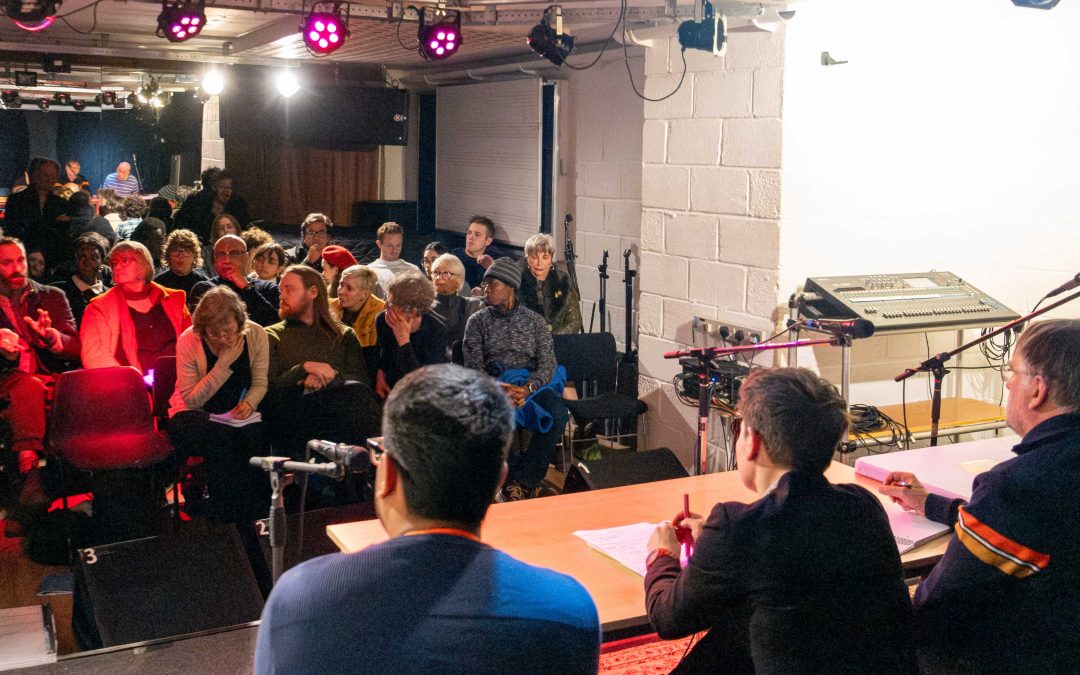
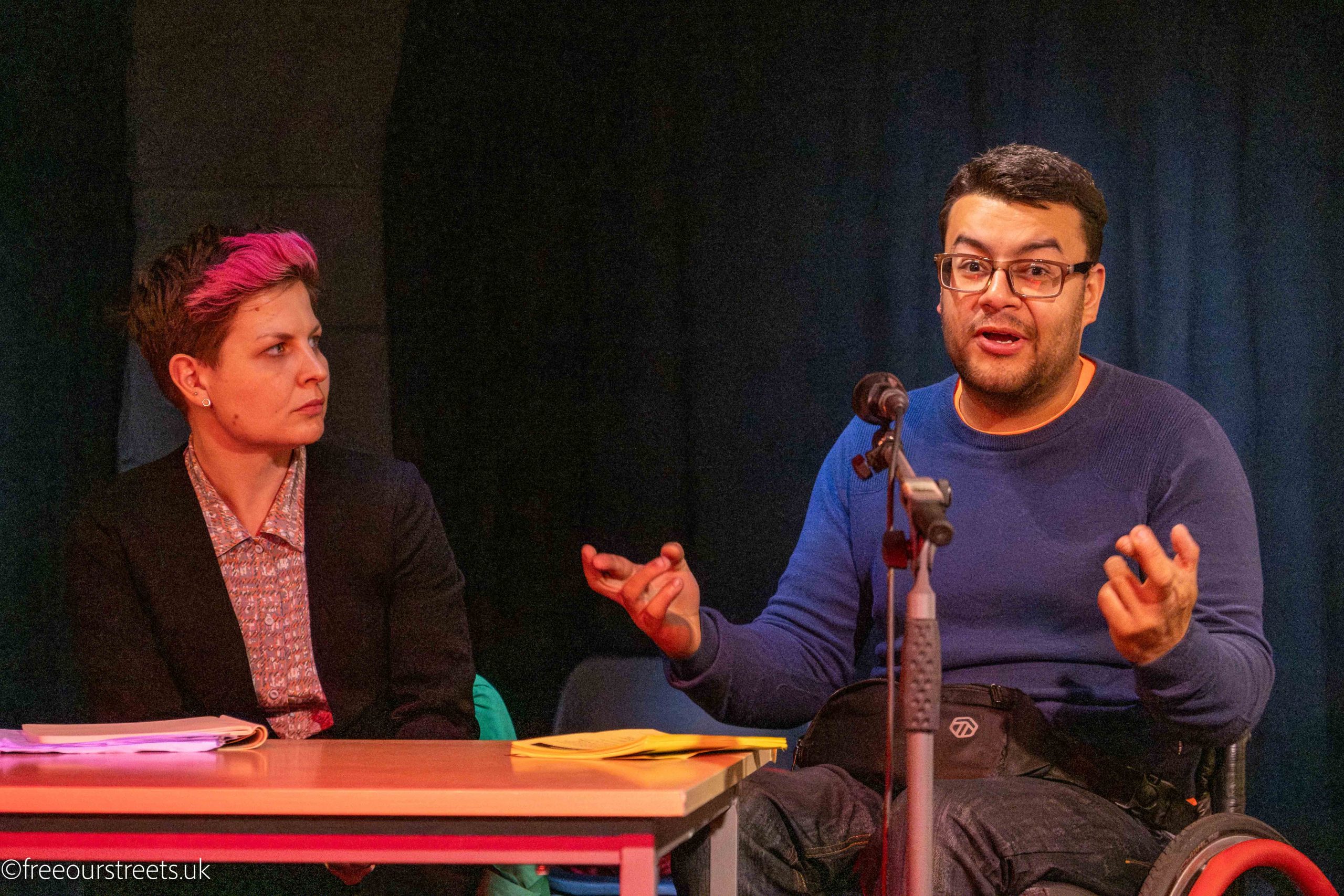
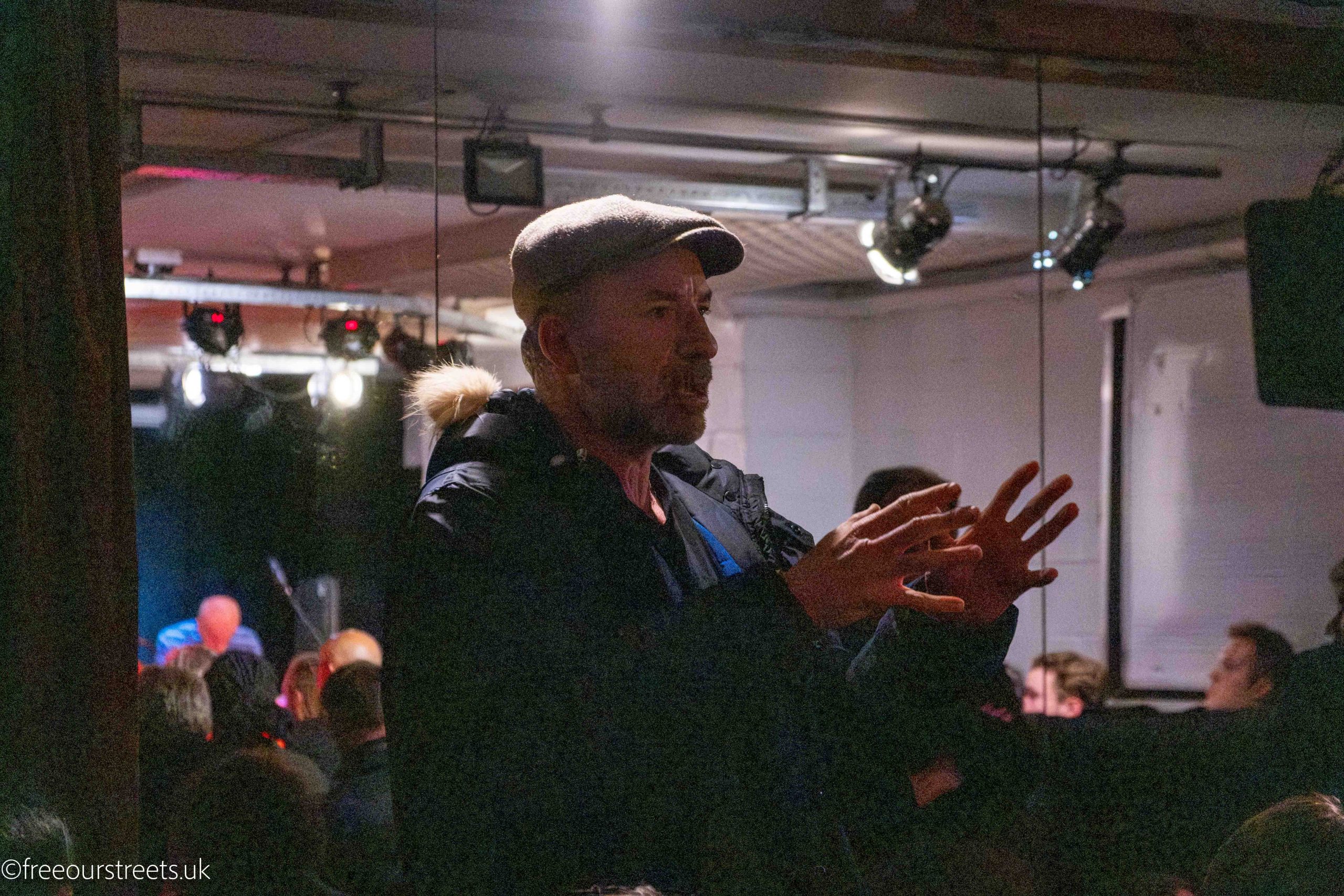

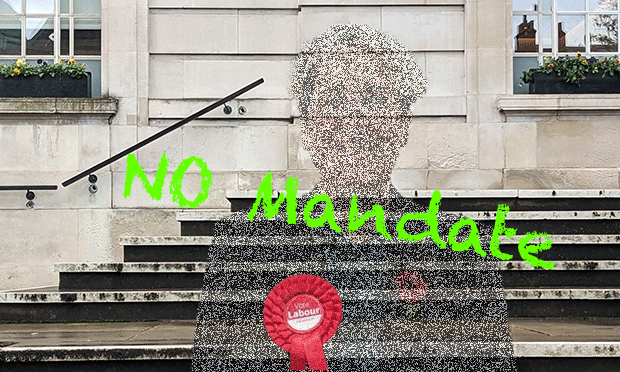
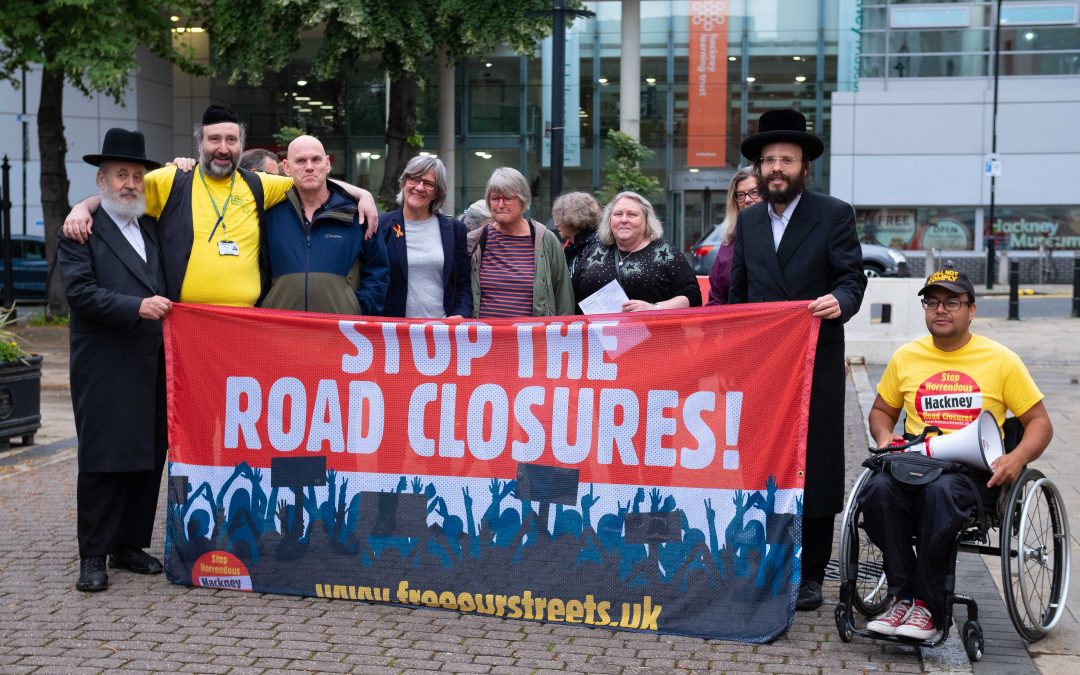
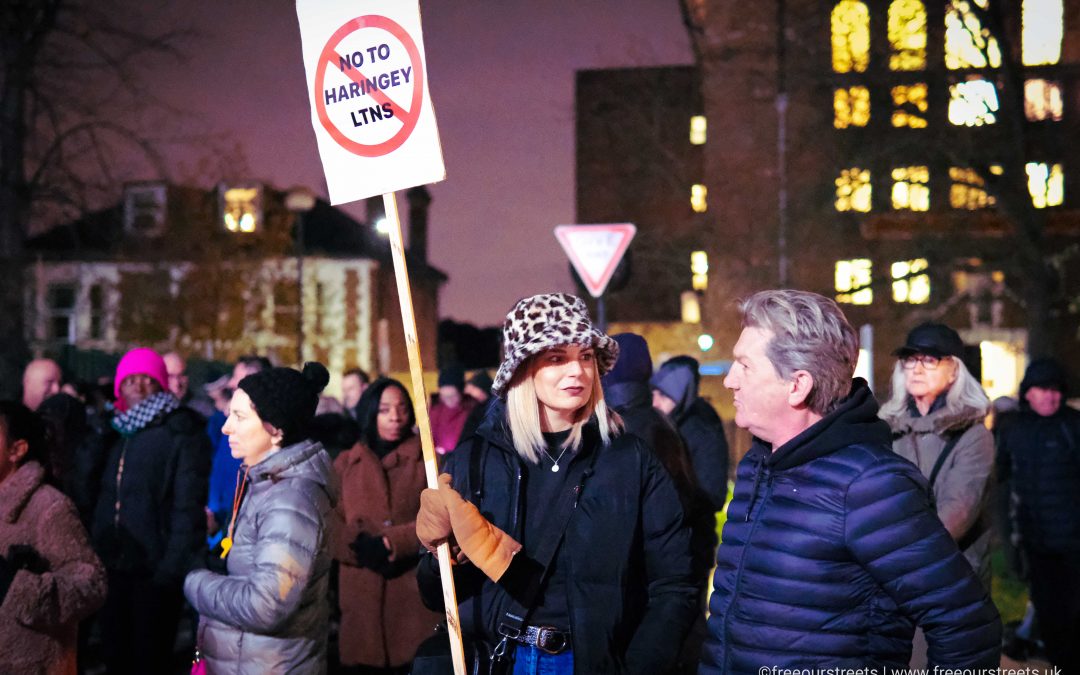
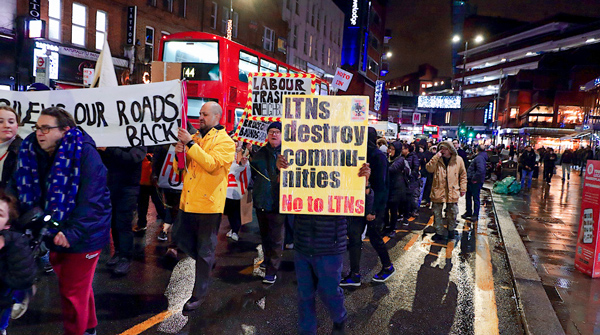
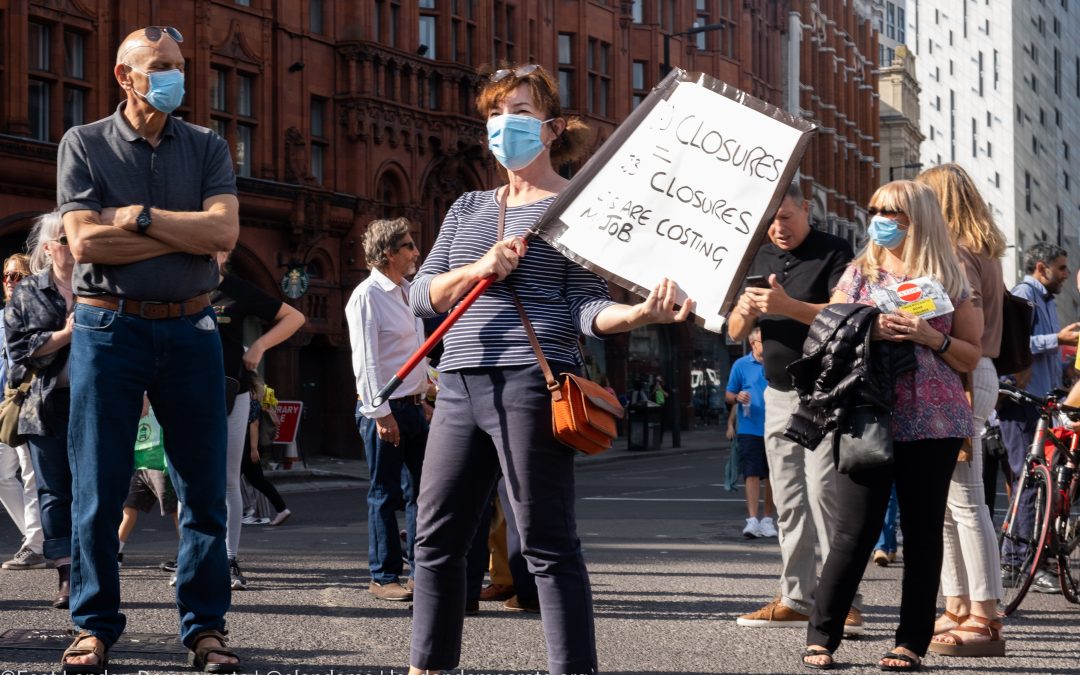
Recent Comments